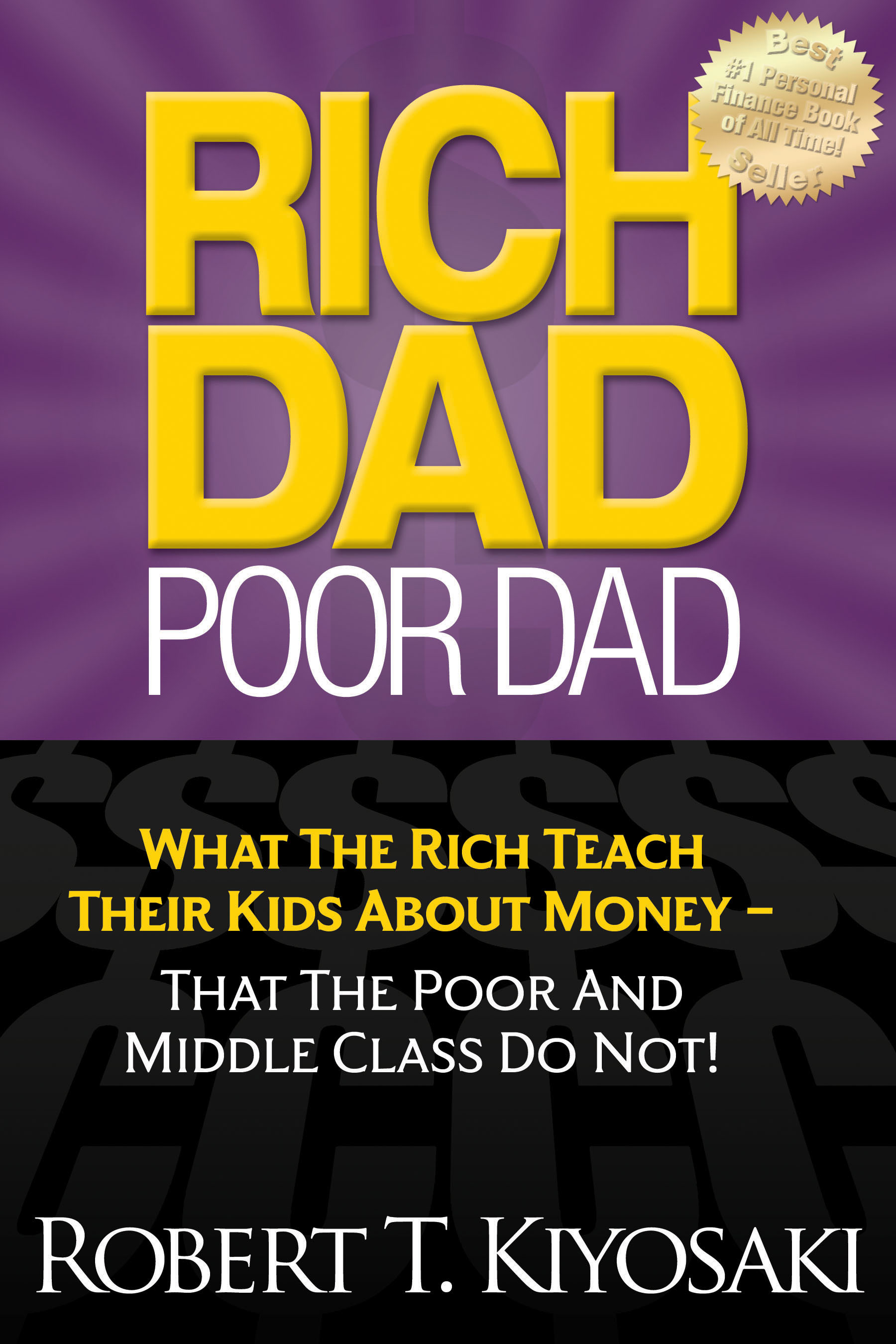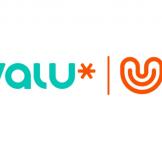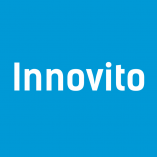"Rich Dad, Poor Dad": A Guide to Financial Freedom Through Money Literacy

In a country where financial freedom is a farfetched dream, we all grow up to experience our fate routine: go to school, get good grades, aim for a top choice college like medicine or engineering, and finally get a job that pays well. With little to no awareness of money and too much awareness of everything else, most Egyptians tend to get stuck in a never-ending struggle of working too hard to pay the bills, but still not guaranteeing financial security.
We see our dream jobs as the ultimate goal in life since it gives us good money, but do we really know how to handle the money we earn? Robert Kiyossaki's book, "Rich Dad, Poor Dad" explains the common financial struggles and traps that many people fall into and gives solutions and lessons to better manage money for your business or yourself.
1. Assets Vs. Liabilities: Kiyosaki explains that one can earn assets and/or liabilities; the former, according to Kiyosaki, is "something that puts money in your pocket whether you work or not," while the latter sucks it out. People can buy real estate or invest in stocks as forms of assets, and they will, later, be rewarded with an ongoing flow of income, even in the person's zero state. People who never invest in assets and rush to buy luxuries whenever their income allows are more likely to fall in debts and struggle with financials, the book suggests. Buying one or two assets is still not enough to provide financial freedom; any income generated from assets should be reinvested in more assets, -and always save money from liabilities every once in a while to invest in new assets.
2. Job Security Doesn't Equal Financial Security: "A job is only a short-term solution to a long-term problem," says Kiyosaki. He explains that one's income and expenses increase instantaneously. Add to that the fact that the average Egyptian family has a more than an average number of children, and every year the financial needs come in different shapes and quantities. The guardians of such families would strive to get the tiniest raises or resort to borrowing, which puts them into endless debts. Investing in taxis or microbuses, for example, and using them as income generators or as sources of appreciating assets might be a smart move since such automobiles are somehow affordable to many socio-economic classes in Egypt and can still generate or be sold for good money.
3. Learn About Smart Investing: Learning about investing and acquiring knowledge about business is crucial to better spending and investing habits. Explore what interests you and what could better your investment and learn a little about everything, from investing to marketing to law. Having a wide array of knowledge gives you a wider scope of the money game, and hence, makes you capable of making better monetary decisions.
4. The Future is Now: Planning for the future is also part of the game, which is essential for financial freedom. Many people view their profession, rather than their assets, as their income. How about when one retires and is can no longer depend on their monthly income for a living? Relying on pensions in a third world country like Egypt and most MENA countries will not guarantee a good quality of life. Assets, on the other hand, will always generate money, and can be an ongoing source of income with no effort or hard work. That is how multi-millionaires stay rich even when they hit old age and have no regular source of income.
Finally, the book teaches you to never be afraid to take risks and never think twice about what people might say or think about you or your career. Don't follow the herd and stick to your plan, even if everyone is running away from it. In Egypt, where the opportunities might seem blurry and the circumstances paralyzing, everyone is too afraid and shy to take risks. Unfortunately, these very people don't know that life really begins outside of your comfort zone. Clearly identifying your purpose is also important to keep you going; people have different drives that help them push their limits. The business world is not a safe playground, so you should expect failures and use them as an inspiration for new solutions.


































































EgyptInnovate site is not responsible for the content of the comments